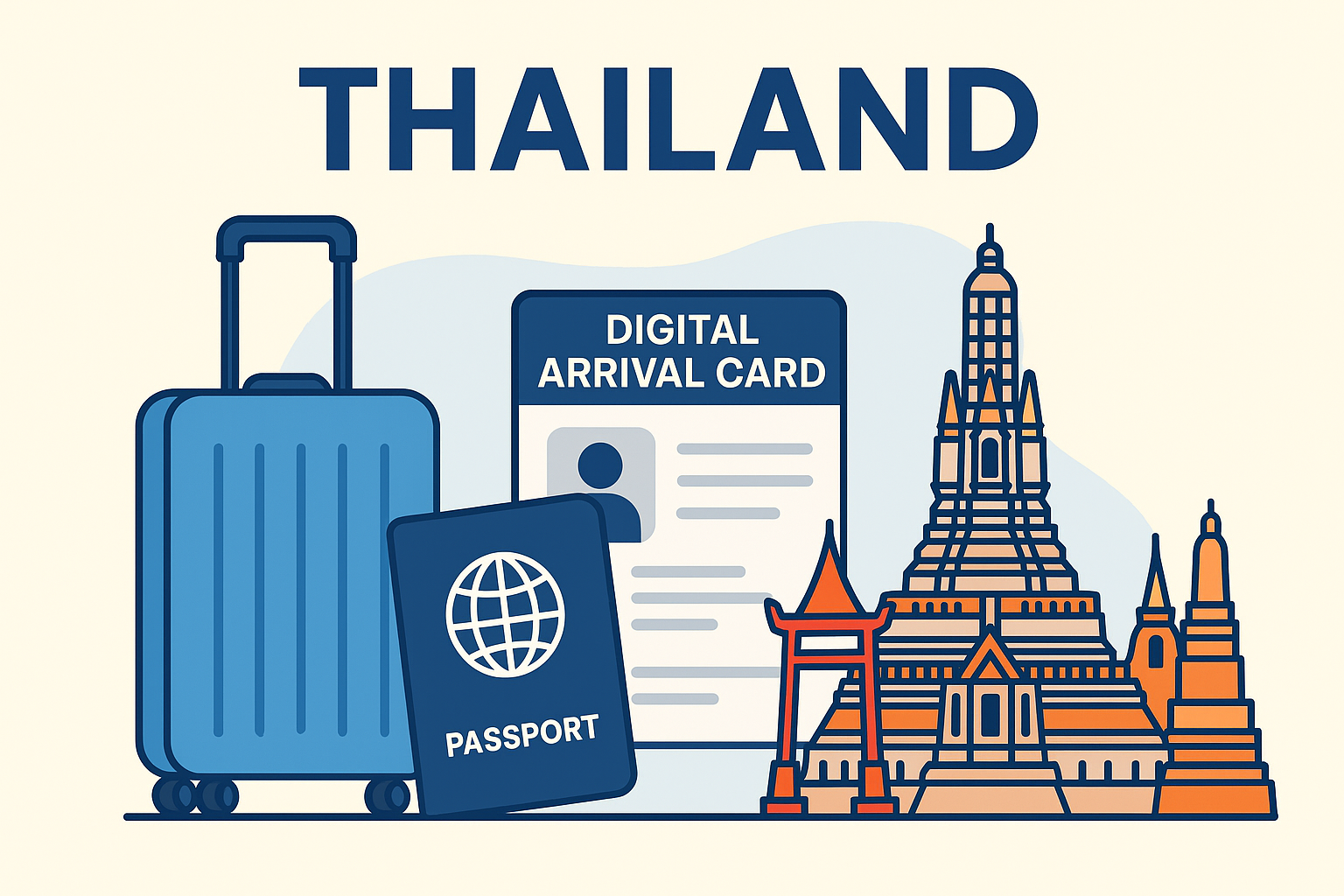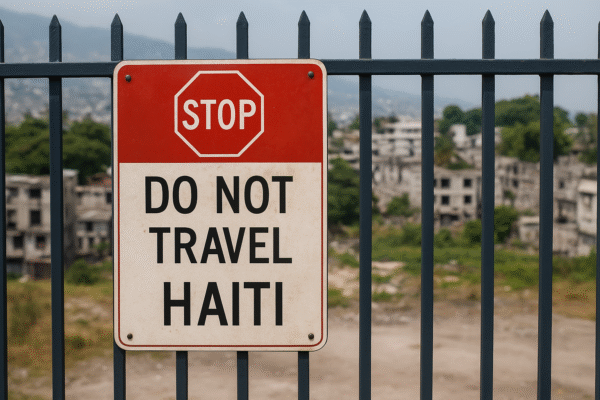In 2025, expat travel insurance is no longer a niche product—it’s become a global necessity. As more individuals seek flexible lifestyles across borders, retire in foreign countries, or work remotely as digital nomads, demand for long-term international medical insurance has skyrocketed. From Bali to Barcelona, Chiang Mai to Cancun, people are securing cross-border health protection as a core element of sustainable international living.
A New Pillar of Global Mobility
Once considered an optional add-on, expat insurance is now a critical safety net for long-term travelers and residents abroad. Unlike short-term travel policies geared toward vacations, expat plans are structured for individuals living outside their home countries for six months or longer. Whether it’s an executive working in Dubai, a retiree in Portugal, or a freelance designer bouncing between Thailand and Japan, tailored expat insurance is essential to avoid costly medical bills and service gaps.
Why 2025 Has Marked a Turning Point
A confluence of trends is driving the surge. Remote work has become normalized, early retirement in affordable destinations is more common, and students are pursuing degrees abroad in greater numbers. Moreover, the post-pandemic awareness of medical preparedness has transformed how travelers perceive health insurance.
According to the World Bank, international migration reached an all-time high in 2024, with over 280 million people living outside their country of origin. These figures, combined with a growing cohort of digital nomads—estimated to surpass 40 million by 2026, per MBO Partners—have shifted how insurers approach global health coverage.
What Sets Expat Insurance Apart?
Unlike standard travel insurance—which typically covers trip cancellations, baggage loss, and emergency medical incidents—expat insurance includes broader and deeper protection. A robust expat policy may feature:
- Full hospitalization and emergency care
- Outpatient treatment and prescription medication
- Routine checkups and specialist access
- Mental health and chronic condition support
- Emergency evacuation and repatriation
- Maternity care and pediatric services
- Life insurance and income protection
- Multi-country mobility and 24/7 multilingual support
This comprehensive design allows policyholders to live and travel globally with fewer risks, knowing they can access necessary services wherever they are.
Who Should Consider Expat Coverage?
Expat insurance isn’t just for high-net-worth executives. A diverse range of individuals can benefit, including:
- Remote workers or freelancers on the move
- Retirees living in destinations like Costa Rica or the Algarve
- International students in the U.S., Canada, or Europe
- Families relocating to Asia or Latin America
- Entrepreneurs and digital nomads establishing multi-country bases
- Adventure travelers engaging in skiing, diving, or trekking
- Frequent flyers engaged in cross-border business
Essentially, anyone living outside their native country for more than a few months should consider an expat plan as a protective shield.
Factors That Influence Premium Costs
Expat insurance premiums can vary widely. Plans may start as low as $40/month but can exceed $300/month depending on:
- Age of the insured
- Country of residence and medical infrastructure
- Coverage level and deductibles
- Inclusion of dependents
- Geographic flexibility (e.g., worldwide vs. regional coverage)
For instance, someone living in rural Vietnam may pay less than a digital nomad based in the U.S. or Switzerland due to differing healthcare costs.
Understanding Exclusions
Despite the wide-ranging benefits, expat policies also come with exclusions that travelers must be aware of. Common exclusions include:
- Pre-existing conditions (unless declared and covered)
- Risky activities like motor racing or base jumping
- Pregnancy care unless specifically included
- Injuries due to alcohol or drug use
- Elective surgeries and cosmetic procedures
- War zones and government travel advisories
Additionally, some policies offer limited support for mental health services, though this is changing as insurers respond to rising demand for holistic care.
Choosing the Right Plan: A Strategic Decision
The best expat insurance depends on your lifestyle, location, and health needs. A retired couple settling permanently in Spain may opt for a long-term European plan with low deductibles. Conversely, a digital nomad changing countries every 90 days may require global coverage with telehealth support and emergency evacuation.
Helpful resources like the International Insurance website, U.S. State Department’s Bureau of Consular Affairs, and government health departments (e.g., NHS for UK citizens, Medicare for Australians) offer guidance for choosing compliant and effective coverage abroad.
Aligning with Local Healthcare Systems
A critical aspect of choosing expat insurance is understanding the healthcare system of the host country. For example:
- In countries like Canada or Germany, citizens and residents may be eligible for state-funded healthcare, reducing the need for full private coverage.
- In nations like Thailand, the Philippines, or Mexico, private insurance is essential due to out-of-pocket models and uneven public infrastructure.
- Countries such as the UAE legally require expatriates to carry private medical insurance upon arrival.
Matching your coverage to the local system ensures you’re not overpaying—or worse, left uncovered in emergencies.
Looking Ahead: Global Implications
As international living continues to expand, the travel insurance industry must adapt. Expect to see:
- AI-powered global policy matching tools
- More inclusive mental health coverage
- Multilingual, app-based service platforms
- Cross-border claims processing and digital ID integration
- Regional plans designed for remote work hubs like Bali, Medellín, and Lisbon
The transformation of travel insurance mirrors global lifestyle shifts. It’s no longer just about safety for vacations; it’s about health security, peace of mind, and sustaining international living.
For more travel news like this, keep reading Global Travel Wire


















